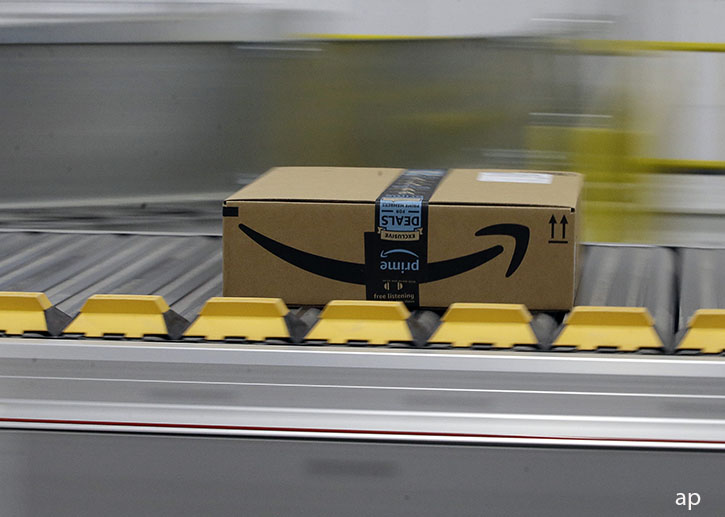Shareholders in SSL International have that most delightful of all conundrums: whether to take a profit or whether to take a profit. Either choice works out well.
SSL has been surprisingly successful at running two disparate businesses, making Durex condoms and Scholl sandals. It is rare for a company with just two businesses that have no real connection with each other to make a go of it, so hats off to SSL.
Now it seems that SSL management is pretty adept at handling a takeover approach as well. Having rejected three enquiries from consumer goods giant Reckitt Benckiser over the past month or so, SSL has persuaded the Anglo Dutch group to offer £11.63 cash for each SSL share plus an 8p dividend.
SSL tempted its suitor by feeding out information about the company’s finances and holding out hopes of a recommended bid if the price was right. The fact that SSL’s share price moved above the £11.71 value of the offer is no reflection on the strategy of SSL’s board. By putting the company in play, they have increased the chances of a better offer and there will be no problem in switching sides if one is forthcoming.
SSL shareholders can take the extra pennies now but it does look right to hold on as the downside is limited to £11.71 while the upside is considerably greater if a bidding war breaks out. Reckitt shares rose on the announcement of the deal, which is unusual for a company making a bid. It indicates that the market feels Reckitt is not overpaying and implies that more would be forthcoming if a higher bid emerged from elsewhere.
There are, after all, other possible bidders such as health care group Johnson & Johnson. Unless you need cash urgently and want to sell in the market, hang on and see what develops. There is no rush to accept at this stage as you do not want to be committed to what could turn out to be an inferior offer.
North and South Falklands
My comments on the death of the Falklands oil industry may have been premature and I am obliged to readers who responded to my disparaging remarks.
The abandoned oil well I referred to last week is to the south of the Falklands whereas the area to the north offers better prospects. In particular, Rockhopper Exploration has tested a well that seems promising and more tests will be conducted later this year.
Yet I remain extremely cautious. There is no guarantee that oil will be extracted in lucrative quantities and the BP disaster in the Gulf of Mexico should make anyone circumspect where deep water drilling in inclement conditions is concerned.
Rockhopper shares are traded on AIM. After more strong gains this week they have topped their previous high of 327p and are way above their 52-week low of a measly 34.5p. I would certainly not chase them any higher at this stage. Rather, given the uncertainties, I would be inclined to take profits.
North and South Africa
The dismal showing of the British Isles in football’s World Cup--three of the four sides failed to even qualify and the fourth, England, walked out in sympathy--underlines the futility of buying shares in sports retailers in the hope that national pride will boost sales.
Sports Direct is left with a pile of England shirts on its shelves after its buying team worked on the perfectly reasonable assumption that the team would reach the quarter finals. Strong sales in the run up to the first match have thus been undermined.
I have in the past been downbeat on Sports Direct and I am reluctant to change my mind. However, it seems to me that prospects there are actually much better than they have been for some considerable time.
Pre-tax profits rose 6.2% to £1.4 billion in the year to April 25 on sales up 11% in the UK and 17.2% in the still tiny overseas division. Net debt is down 30% to an easily manageable £312 million.
Sports Direct warns that business will undoubtedly be affected by the economic climate but with owner Mike Ashley showing more interest in his business than in Newcastle United these days the outlook is far from gloomy. If you can’t afford expensive entertainment, you might as well buy a bat and knock hell out of a ball.
Bruised Fruit
Investors may be tempted into Waitrose delivery firm Ocado after the shares slumped well below the reduced target range of 180-200p. Chief executive Tim Steiner reckons he would not sell out at 275p, the top of the original range (though he would certainly have sold some of his stake for less had the float lived up to expectations).
Ocado shareholders would be only too pleased to receive 275p for their shares. It won’t happen any time in the immediate future. Stay well clear.























